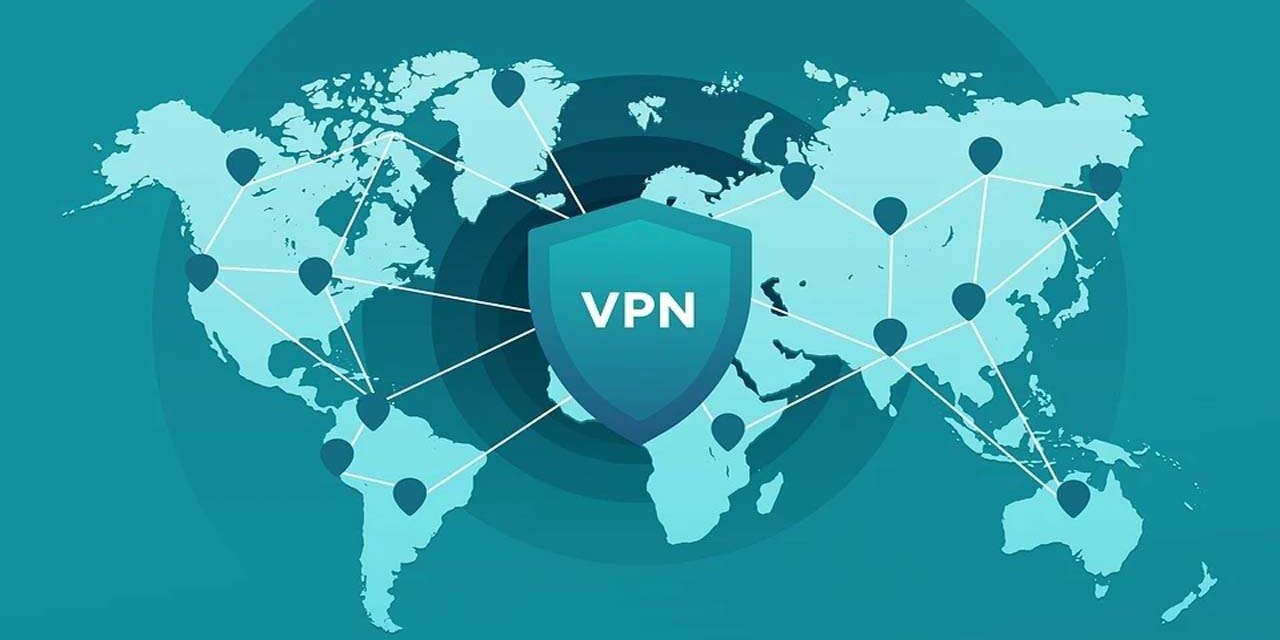What is a VPN?
A VPN, or virtual private network, is a service that encrypts your internet traffic and routes it through a server in another location. This makes it appear as if you are connecting to the internet from that location, which can be useful for a variety of reasons, such as bypassing geo-restrictions, protecting your privacy, and securing your connection.
Why do you need a VPN?
There are many reasons why you might need a VPN. Here are a few of the most common:
- To bypass geo-restrictions: Some websites and streaming services are only available in certain countries. A VPN can help you access these services from anywhere in the world.
- To protect your privacy: When you’re connected to the internet, your ISP (Internet Service Provider) can see everything you’re doing. A VPN encrypts your traffic, so your ISP can’t see what you’re up to.
- To secure your connection: When you’re connected to a public Wi-Fi network, your data is vulnerable to attack. A VPN can help protect your connection from hackers.
What are the best VPN services?
There are many different VPN services available, so it can be tough to decide which one is right for you. Here are a few of the best VPN services in 2023:
- ExpressVPN: ExpressVPN is one of the most popular VPN services. It’s known for its fast speeds, strong security, and easy-to-use interface.Opens in a new windowWikipediaExpressVPN logo
- NordVPN: NordVPN is another popular VPN service. It has a large network of servers, strong security features, and a strict no-logs policy.Opens in a new window1000 LogosNordVPN logo
- Surfshark: Surfshark is a newer VPN service, but it’s quickly gaining popularity. It’s known for its affordable pricing, unlimited simultaneous connections, and strong security features.Opens in a new windowPCMagSurfshark logo
- Private Internet Access (PIA): PIA is a well-established VPN service with a large network of servers. It’s known for its strong security features and its commitment to user privacy.Opens in a new windowWikipediaPrivate Internet Access (PIA) logo
- ProtonVPN: ProtonVPN is a popular VPN service that’s known for its strong security features and its commitment to user privacy. It’s also one of the few VPN services that’s open-source, which means that its code is publicly available for review.Opens in a new windowProton VPNProtonVPN logo
The best VPN services for 2023
- ExpressVPN is the best overall VPN service, offering fast speeds, reliable connections, easy-to-use apps, and strong security features. It also has a large network of servers in 94 countries and can unblock most streaming services¹²³.
- Surfshark is the best cheap VPN service, offering extensive features at a great price. It supports unlimited devices, has a kill switch, a split tunneling feature, and a CleanWeb feature that blocks ads and malware. It also works well with Netflix and other streaming platforms¹².
- NordVPN is the best VPN service for connectivity, offering a reliable VPN with multi-device use. It has over 5,000 servers in 59 countries, a strict no-logs policy, a CyberSec feature that blocks ads and malicious websites, and a Double VPN feature that encrypts your traffic twice¹².
- ProtonVPN is the best open-source VPN service, offering a transparent and trustworthy VPN with strong privacy features. It also has a free plan that we recommend, which gives you access to servers in three countries and unlimited data. The paid plans add more features like Secure Core, Tor over VPN, and streaming support¹².
- IPVanish is the best beginner VPN service, offering a simple and newbie-friendly interface. It also has fast speeds, unlimited bandwidth, a kill switch, and 10 simultaneous connections. It works well with Kodi and Fire TV devices¹².
How to choose a VPN
When choosing a VPN, there are a few factors you’ll need to consider, such as:
- Price: VPNs can range in price from a few dollars per month to $10 or more.
- Features: Some VPNs offer more features than others, such as split tunneling, a kill switch, and ad blocking.
- Security: Make sure the VPN you choose has strong security features, such as 256-bit encryption and a no-logs policy.
- Speed: You’ll want to make sure the VPN you choose doesn’t slow down your internet connection too much.
- Ease of use: The VPN you choose should be easy to set up and use.
How to use a VPN
Once you’ve chosen a VPN, you can start using it by following these steps:
- Sign up for a VPN service and download the software.
- Install the software and create an account.
- Connect to a server in the location you want to appear to be in.
- Start using the internet as usual.
Conclusion
A VPN is a valuable tool that can help you protect your privacy, bypass geo-restrictions, and secure your connection. If you’re looking for a way to improve your online security, a VPN is a great option.





